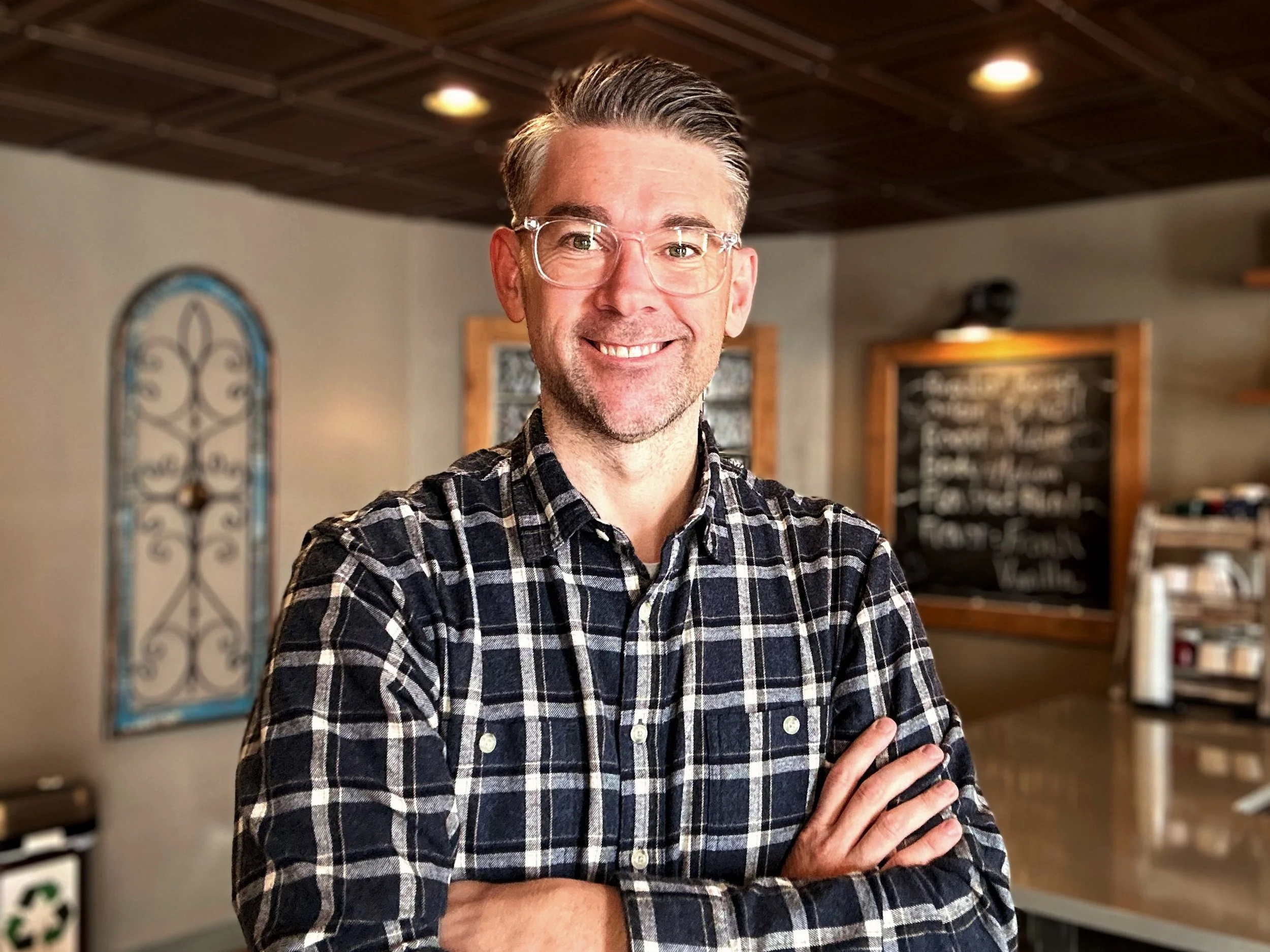RESET: A Fresh Start to a New Year (Week Four)
Many of us want a fresh start at the beginning of the year. So, in the first month of 2022, spend a few weeks thinking about better ways to manage the rest of the year. Join us on Sundays at 8:30 AM and 10:30 AM online and in-person for a new sermon series, “RESET: A Fresh Start to a New Year.”
PRAYER
PRAYER OF HOSPITALITY
Lord Jesus Christ,
we believe you welcome us all to your banquet table.
May we open our arms to embrace you,
May we see you in the face of a stranger,
May we welcome you in the love of a friend.
We believe you welcome the abandoned, the misfit, the wretched to your feast.
Forgive us for the times we have allowed our prejudices to overrule
and reject you because you are different, ostracized, or despised.
We believe that there is beauty hidden in each person,
Forgive us for the times we have failed to see your face
because you are disabled, poor, or homeless.
We believe we are all precious in your sight.
Forgive us for when we have counted you unworthy of our love,
for when we have been indifferent to your cries.
We believe we are called to share life together as members of one family,
Forgive us for when we have been unconcerned for your suffering,
and failed to see others in your worldwide community as you do.
We are all created in God’s image,
redeemed by Christ,
filled with the Holy Spirit.
We are all invited to feast at God’s banquet table.
We are welcomed into God’s eternal kingdom
with all the peoples of the earth.
Amen.
SERMON NOTES
POINT: For 2022 to be different, we need to live and believe differently.
POINT: Identity: Hostility vs. Hospitality
POINT: Hospitality: welcoming (not just allowing) another person into your space.
Hospitality means primarily the creation of free space where the stranger can enter and become a friend instead of an enemy. Hospitality is not to change people but to offer them space where change can take place. It is not to bring men and women over to our side but to offer freedom not disturbed by dividing lines. - Henri J.M. Nouwen, Reaching Out: The Three Movements of the Spiritual Life
Ezekiel 16:49–50 NRSV
This was the guilt of your sister Sodom: she and her daughters had pride, excess of food, and prosperous ease, but did not aid the poor and needy. They were haughty, and did abominable things before me; therefore I removed them when I saw it.
Matthew 10:11-15 NRSV
Whatever town or village you enter, find out who in it is worthy, and stay there until you leave. As you enter the house, greet it. If the house is worthy, let your peace come upon it; but if it is not worthy, let your peace return to you. If anyone will not welcome you or listen to your words, shake off the dust from your feet as you leave that house or town. Truly I tell you, it will be more tolerable for the land of Sodom and Gomorrah on the day of judgment than for that town.
1 Peter 4:9 NRSV
Show hospitality to one another without grumbling.
Romans 12:15-18 NRSV
Let love be genuine; hate what is evil, hold fast to what is good; love one another with mutual affection; outdo one another in showing honor. Do not lag in zeal, be ardent in spirit, serve the Lord. Rejoice in hope, be patient in suffering, persevere in prayer. Contribute to the needs of the saints; extend hospitality to strangers.
POINT: Hospitality is a discipline that starts with love.
Luke 7:36-50 NRSV
36 One of the Pharisees asked Jesus to eat with him, and he went into the Pharisee’s house and took his place at the table. 37 And a woman in the city, who was a sinner, having learned that he was eating in the Pharisee’s house, brought an alabaster jar of ointment. 38 She stood behind him at his feet, weeping, and began to bathe his feet with her tears and dry them with her hair. Then she continued kissing his feet and anointing them with the ointment. 39 Now, when the Pharisee who had invited him saw it, he said to himself, “If this man were a prophet, he would have known who and what kind of woman this is who is touching him—that she is a sinner.” 40 Jesus spoke up and said to him, “Simon, I have something to say to you.” “Teacher,” he replied, “speak.” 41 “A certain creditor had two debtors; one owed five hundred denarii, and the other fifty. 42 When they could not pay, he canceled the debts for both of them. Now which of them will love him more?” 43 Simon answered, “I suppose the one for whom he canceled the greater debt.” And Jesus said to him, “You have judged rightly.” 44 Then, turning toward the woman, he said to Simon, “Do you see this woman? I entered your house; you gave me no water for my feet, but she has bathed my feet with her tears and dried them with her hair. 45 You gave me no kiss, but from the time I came in, she has not stopped kissing my feet. 46 You did not anoint my head with oil, but she has anointed my feet with ointment. 47 Therefore, I tell you, her sins, which were many, have been forgiven; hence she has shown great love. But the one to whom little is forgiven loves little.” 48 Then he said to her, “Your sins are forgiven.” 49 But those who were at the table with him began to say among themselves, “Who is this who even forgives sins?” 50 And he said to the woman, “Your faith has saved you; go in peace.”
We live in a world of insiders and outsiders, a world where some are welcome and others are permanently shunned. Human beings are experts at exclusion because we prefer the comfortable and familiar neighbor over the “stranger” whose presence may not only challenge us but also completely remake our world, which is always a risk with hospitality. This desire for the comfortable and familiar also impacts our faith communities. Like society, churches too have walls that shut people out. We may not consciously construct these walls—in fact, we are probably hardly aware of them—but they are there. Most Christian congregations are fairly homogeneous. As Patrick McCormick writes, “Christians tend to break bread within socio-economic monocultures, homogenized enclaves where nearly everyone is of the same color and tax bracket.” There may be many explanations for this but it is, at least from the gospel’s perspective, a dangerous predicament because it directly contradicts the behavior of Jesus who gladly sat down at a table with anyone. - Paul Waddell, Toward a Welcoming Congregation



